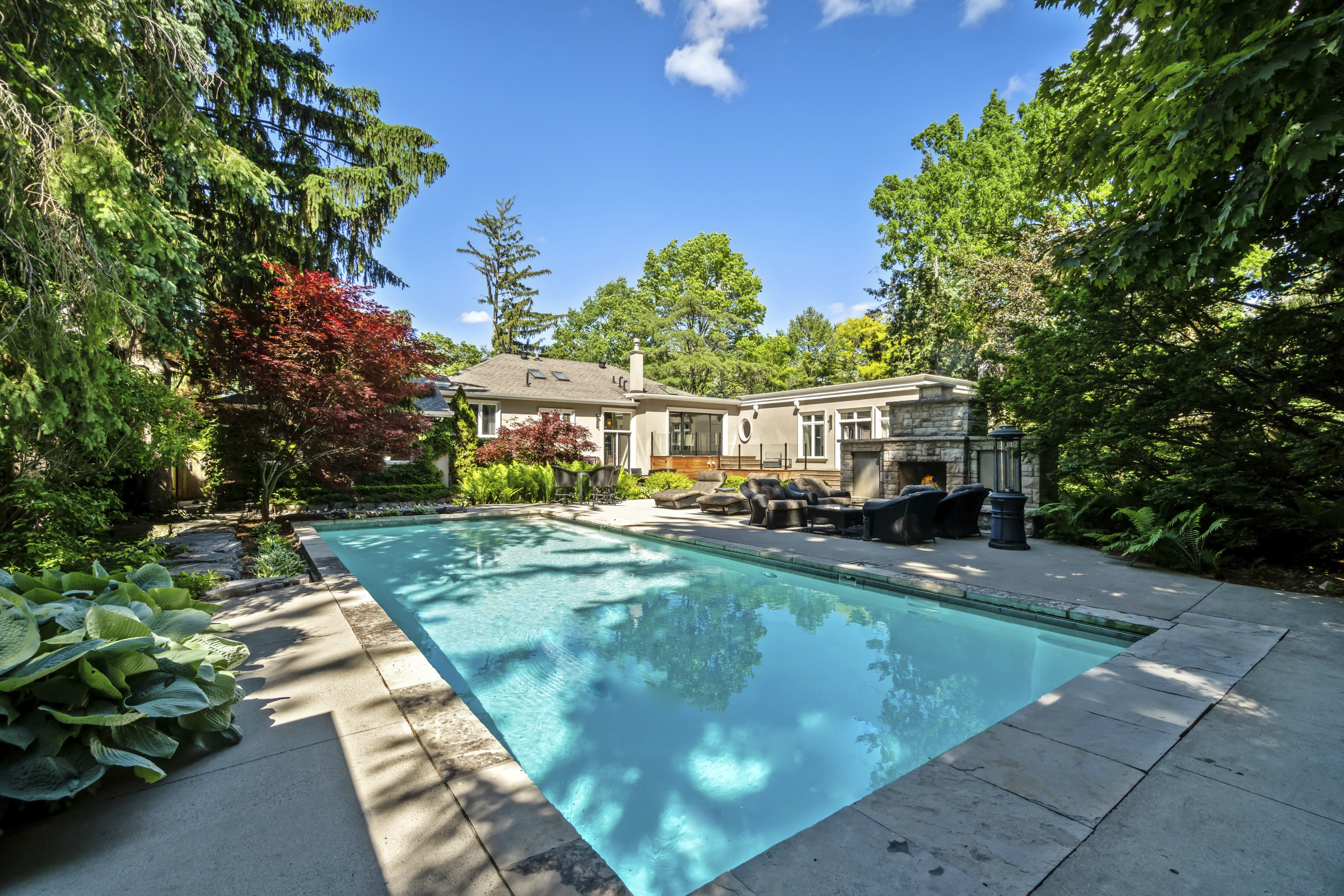
Rental properties in the Golden Horseshoe (and especially the GTA) can be an amazing investment. While it may seem really tough to get started as a real estate investor, it may not be as tough as you think! You have the chance to earn income and potentially reap higher returns than the stock market.
Buying an investment property and acting as a landlord can be a good way to earn income and build long term wealth, but it requires a commitment of time and financial resources. There are some risks with rentals as well, but the pros can far outweigh the cons. Here are 6 things you must consider when getting started:
1. Choosing a Location
When looking for a profitable rental property, it's important to consider several factors. Look for an area with low property taxes and a good school district, as these are essential components of any thriving neighbourhood.
Additionally, seek out neighbourhoods with easy access to public transportation and a growing job market; this will help attract an increased number of tenants in the future. To make sure your investment pays off, look for areas that have plenty of amenities nearby, such as restaurants, coffee shops, trails and parks. By choosing a location like this, you can ensure your rental property remains desirable for years to come.
2. Selecting the right Property
When it comes to investing in real estate, especially for those who are new to the game, single-family dwellings and condos tend to be the best options (condos primarily because they are more affordable and lower maintenance costs). However, depending on the location they may not bring in as much rental income or appreciate as quickly as single-family homes. Consult your North Group agent on ideal properties and locations that will bring you the best return on your investment (ROI).
3. Increase Value
For appreciation potential, look for a property that—with a few cosmetic changes and minor renovations—would attract tenants who can pay higher rents. This will also raise the value of the property if you choose to sell it after a few years. When starting out, avoid high investments that require costly repairs and major renovations.
4. Determining the Rent Rates
Figuring out the potential rental income for a property can be a difficult decision. It is important not to get carried away with overly optimistic assumptions. Setting the rent too high and ending up with an empty property quickly chips away at the overall profit.
The best way to start is to look at the average rent for the neighborhood and see if your property would be worth a bit more or a bit less, and why. It is also important to calculate what the property will actually cost you; this includes subtracting monthly mortgage payments, property taxes divided by 12 months, monthly utilities, insurance costs divided by 12, and giving yourself a generous allowance for maintenance and repairs.
It is important not to underestimate these costs as they depend on the age of the property and how much upkeep you plan to do yourself. If you choose to do repairs yourself then it means being on call 24-7 in case of emergencies. Alternatively, hiring a property management firm could handle everything from broken toilets to collecting rent each month but expect to pay around 7-10% of gross rental income for this service.
We always recommend consulting a North Group agent on rental rates and working together on a complete investment analysis before making your final decision to purchase.
5. Making the Purchase
Making the purchase of an investment property can be daunting as banks have tougher lending requirements than for a primary residence. It is important to be prepared to pay at least 20% in the form of a down payment plus closing costs.
It is critical to ensure that the property is thoroughly inspected by a professional and reviewed by a real
estate lawyer before signing on any dotted lines. Don't forget to pay for sufficient insurance as renters insurance only covers tenant's belongings - it is the landlord's responsibility to insure the building itself which may be pricier than for owner-occupied homes. Additionally, mortgage interest, insurance, and depreciation associated with investment properties are all tax-deductible up to certain limits.
All of these things - and more - will be covered by your North Group agent throughout the process.
The Bottom Line
Every Ontario city has good neighborhoods and every neighborhood has good properties. It takes a lot of footwork and research to line up both. When we end up finding your ideal rental property, keep your expectations realistic, and make sure your own finances are healthy enough that you can wait for the property to break even or start generating cash flow.
Our team can provide you with all the information you need to get started as a real estate investor, or to continue building your portfolio, in the Golden Horseshoe.







